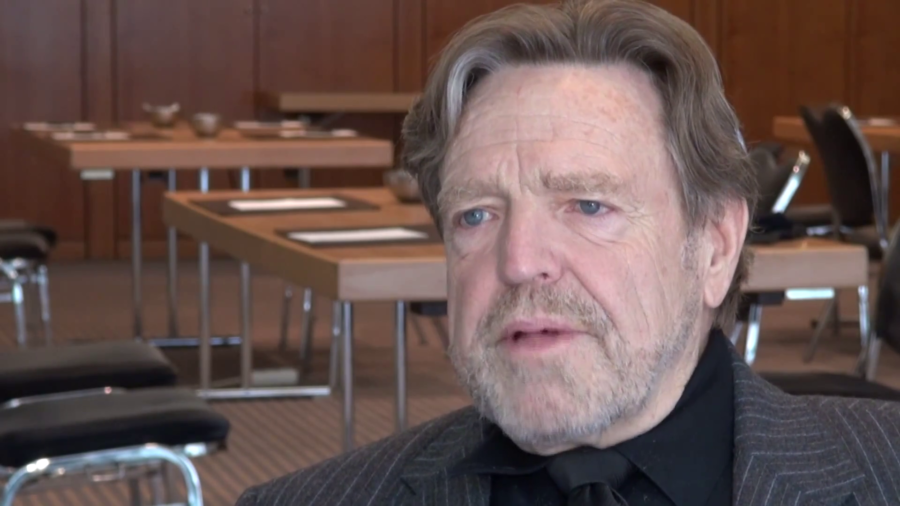Carl Malamud: Internet Talk Radio, flame of the Internet. This is Geek of the Week and we’re talking to Bernhard Stockman who is technical director of EBONE, the European backbone. Welcome to Geek of the Week Bernhard Stockman: Okay, thank you. Thank you. Malamud: Why don’t you tell us what EBONE is? Stockman: Okay. EBONE is a consortium of …read the full transcript.
Archive (Page 1 of 8)
Carl Malamud: Internet Talk Radio, flame of the Internet. This is Geek of the Week and we’re talking today with Bob Hinton, who’s manager of Internet engineering at Sun Microsystems. That’s the group that comes up with the TCP/IP code that’s in your SPARCstation. He’s also the Area Director of routing for the Internet Engineering …read the full transcript.
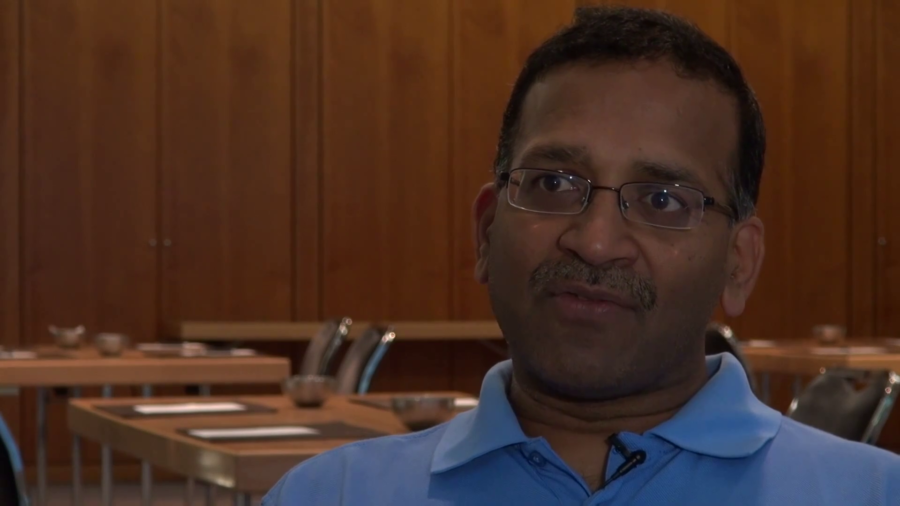
Keeping cohesion at the core of the Internet is an important thing. I’m not worried that that’s going to go away. But you have to continually pay attention to it. Because that function of converging, at the core is a critical one. When you do that well, what it allows is at the edges of the Internet it allows for things to happen. For innovation, for ideas to happen.
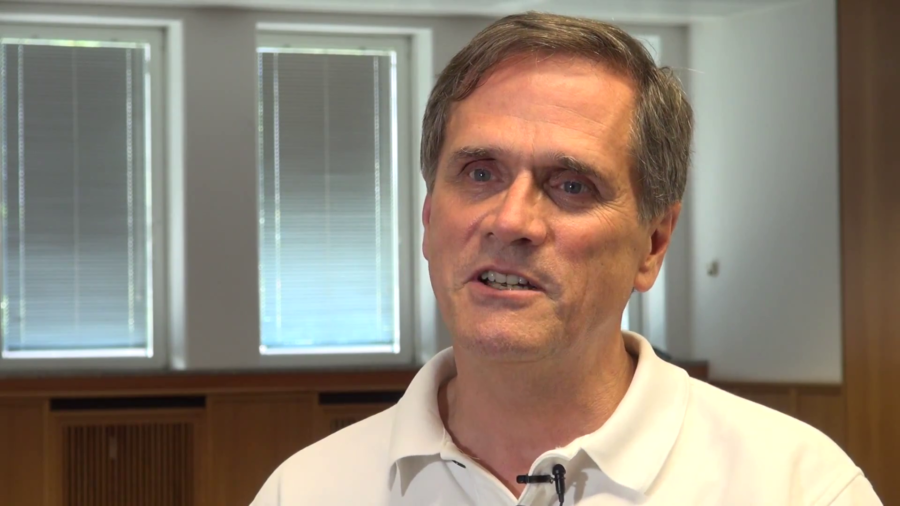
We’re at a time of huge expansion of the Internet outside of the kinds of Internet connections and devices that we’re familiar with. We’ve seen some of that over the past few years as we’ve moved from laptops, desktop computers, to smartphones and tablets and we’ve seen a big increase. Right now instead of a tablet and a laptop at home, you’ve got a tablet, two iPhones, and a desktop computer.
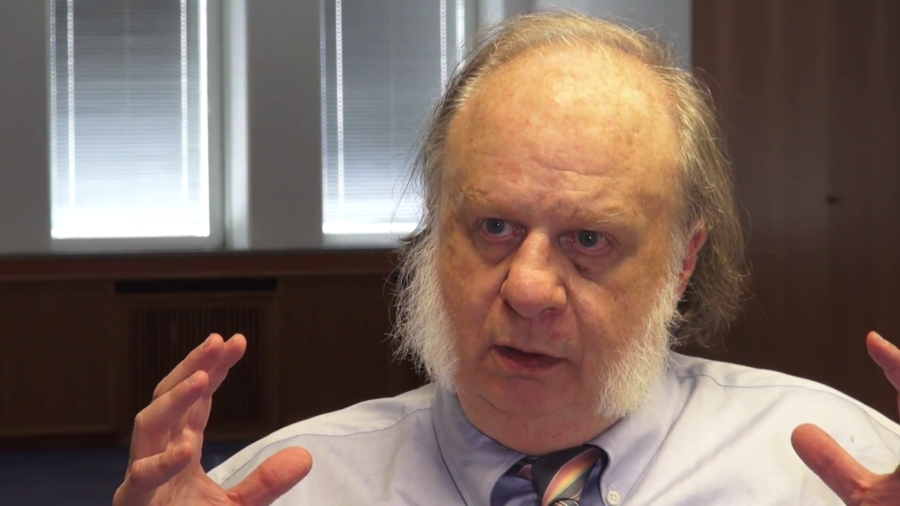
I think he would to some extent be surprised that business has hijacked the Internet in a certain sense. That the entertainment industry…I’ll just pick on them but other industries too, that’ve basically exploited that sort of delivery vehicle that was made not really with them in mind but they have gained such a dominant position in dictating how and where the Internet goes.
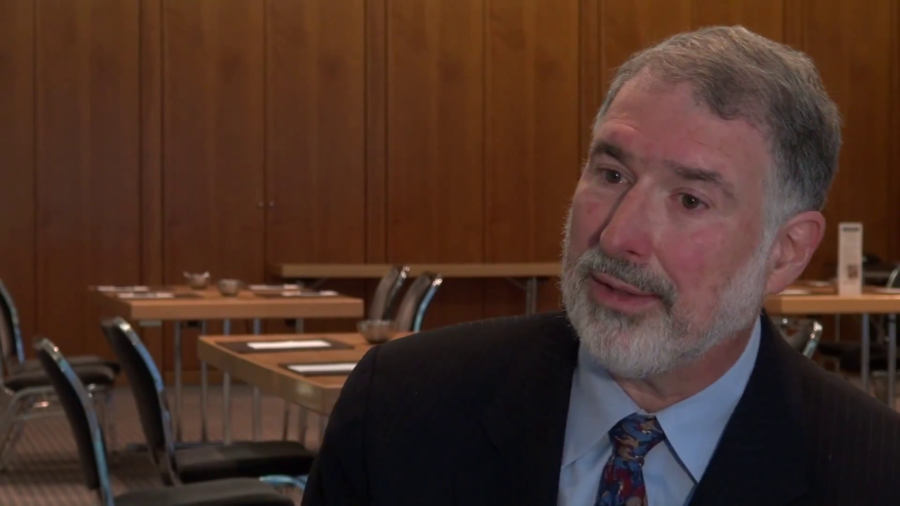
In some ways, I helped put the “inter” into the Internet because it was the first time these administratively-different networks were connected together and could connect together as they wished.
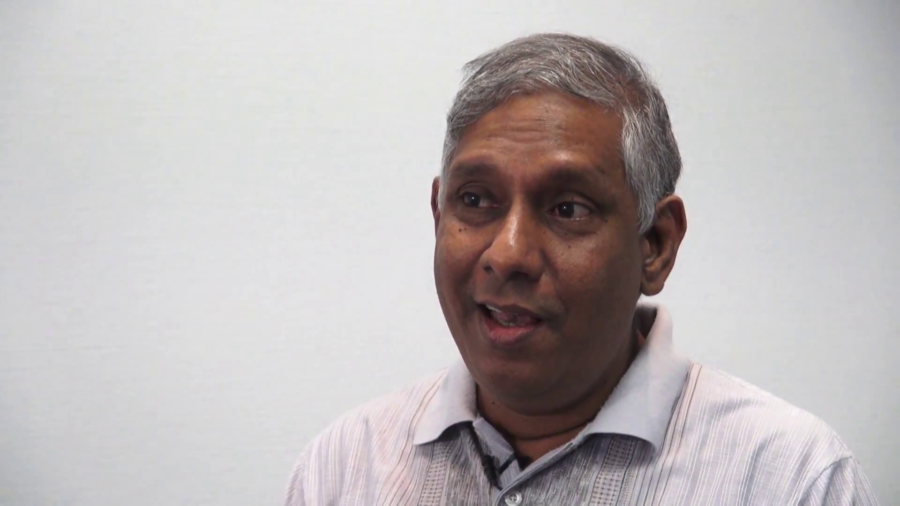
There’s lots of fears. So one major fear would be privacy. So privacy is something which we used to take for granted. Now we cannot. The other major fear I have is centralization.
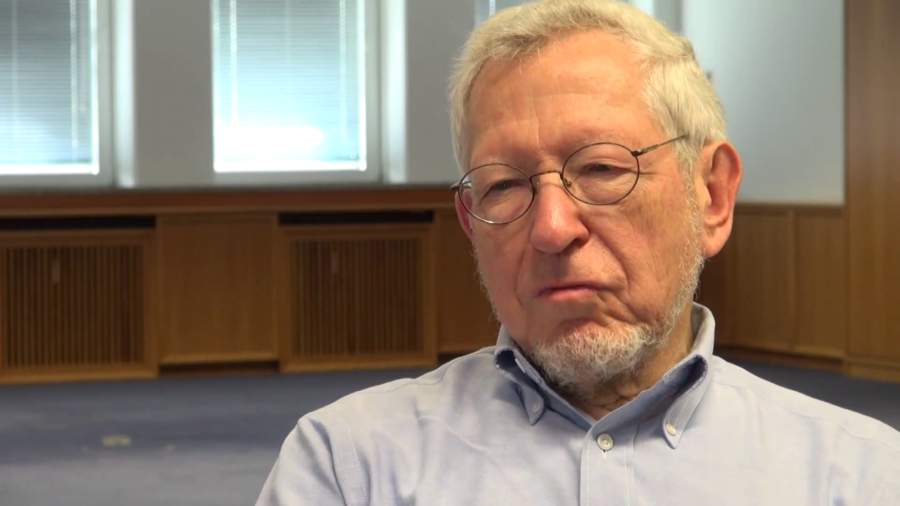
I would hope that ten or twenty years from now we live in a world in which Internet access is taken almost for granted, and that it’s conceivable that the Internet—the name “Internet”—will actually fade and we’ll just consider it part of the infrastructure that we’re used to just like you know, there’ll be a plug in the wall for information services over the Internet.
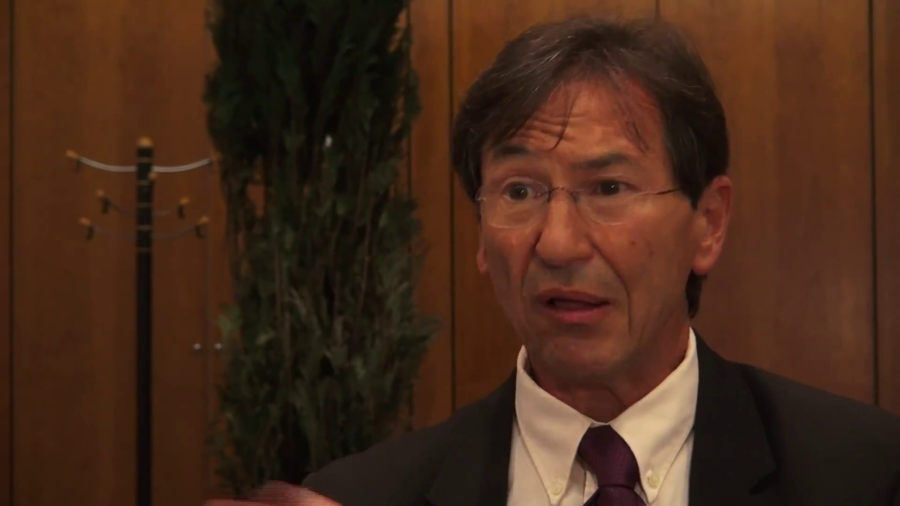
The main fear I have, and I believe most of my colleagues have, is to see the Internet more fragmented than it is, and much more fragmented than we wanted it to be. When we designed it, we developed technology which was due to be open, which means that everyone knows the technology, everyone can develop it, and everyone can improve it as well.

